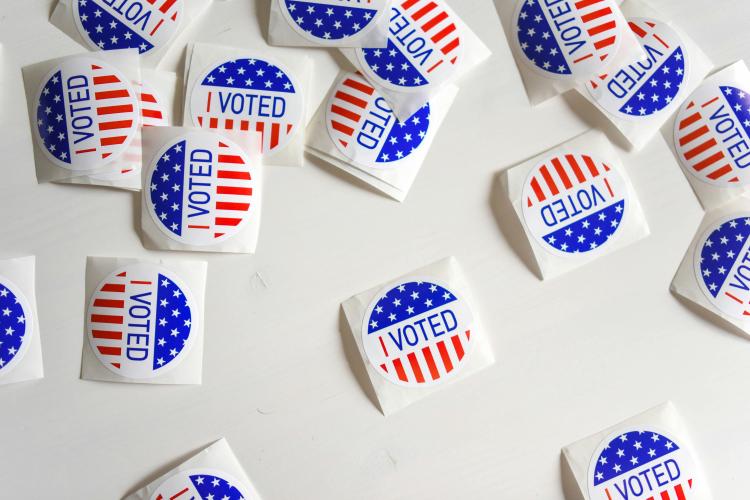If your spring allergies are causing sneezing and a stuffy, runny nose, you may want to try an over-the-counter nasal steroid spray. Recent guidelines from a task force of experts recommend allergy sufferers 12 and older try the spray before taking an allergy pill. But before you take any medication, consult your doctor about the best way to treat your spring allergies, says Lourdes de Asis, MD, Section Chief of Allergy and Immunology at Montefiore Nyack Hospital.
“These nasal sprays, such as Flonase, Nasacort, or Rhinocort, don’t work right away,” Dr. de Asis noted. “It takes a few days to a week of use before you start experiencing relief from your allergy symptoms.” She advises her patients with regular spring allergies to start taking medication around mid-March, or when the temperature consistently starts reaching at least 50 degrees. They should be used daily during allergy season.
These sprays won’t help you if you have itchy eyes. For that, you can try over-the-counter allergy eye drops such as Zaditor, she recommended.
Nasal corticosteroid sprays are different from decongestant nasal sprays such as Afrin, which can cause rebound congestion if used for days at a time. Decongestant sprays also are not recommended for people with glaucoma, prostate problems, or high blood pressure, Dr. de Asis said.
Some allergy sufferers may benefit from a prescription antihistamine nasal spray. This type of spray can be used along with a corticosteroid spray. There are medications available that combine both types of sprays in one device.
Allergy sufferers who don’t like to use a nasal spray may want to try a “second generation” antihistamine such as Zyrtec, Xyzal, Allegra, or Claritin. These allergy pills have fewer side effects like drowsiness than older allergy pills like Benadryl. They also last longer, so they can be taken less frequently—once or twice daily.
Consult Your Doctor
No matter what treatment you try, if you don’t get significant relief, it’s time to talk with your doctor about other options. You may be suffering from a sinus infection, or may need stronger allergy medicine. “Some people have a sinus infection that they mistake for allergies,” she said. “If you feel sinus pressure and are coughing, it could be a sinus infection.”
If you have asthma in addition to seasonal allergies, talk to your doctor about what medication you should be taking, Dr. de Asis advises. Allergies can make asthma worse, and lead to wheezing or shortness of breath that needs to be treated immediately.
People who have allergies more than six months of the year, or whose asthma or chronic sinusitis is aggravated by allergies, should be evaluated and considered for immunotherapy, Dr. de Asis said. Immunotherapy involves giving a person small doses of an allergen either through a series of injections or in a tablet.
Tips for Reducing Seasonal Allergy Symptoms
Even the strongest allergy medication won’t work if you don’t avoid allergens, she said. To avoid allergens this spring:
- Monitor daily pollen and mold counts online—check the American Academy of Asthma, Allergy and Immunology website. In spring and summer, during tree and grass pollen season, levels are highest in the evening. In late summer and early fall, during ragweed pollen season, levels are highest in the morning.
- Keep windows and doors shut at home and in your car during allergy season.
- Take a shower, wash your hair, and change your clothes after you’ve been working or playing outdoors.
“If you suffer from spring allergies, talk to your doctor now,” Dr. de Asis said. “Your doctor can work with you to figure out the best way to avoid being miserable this allergy season.”



 Upcoming Events
Upcoming Events



